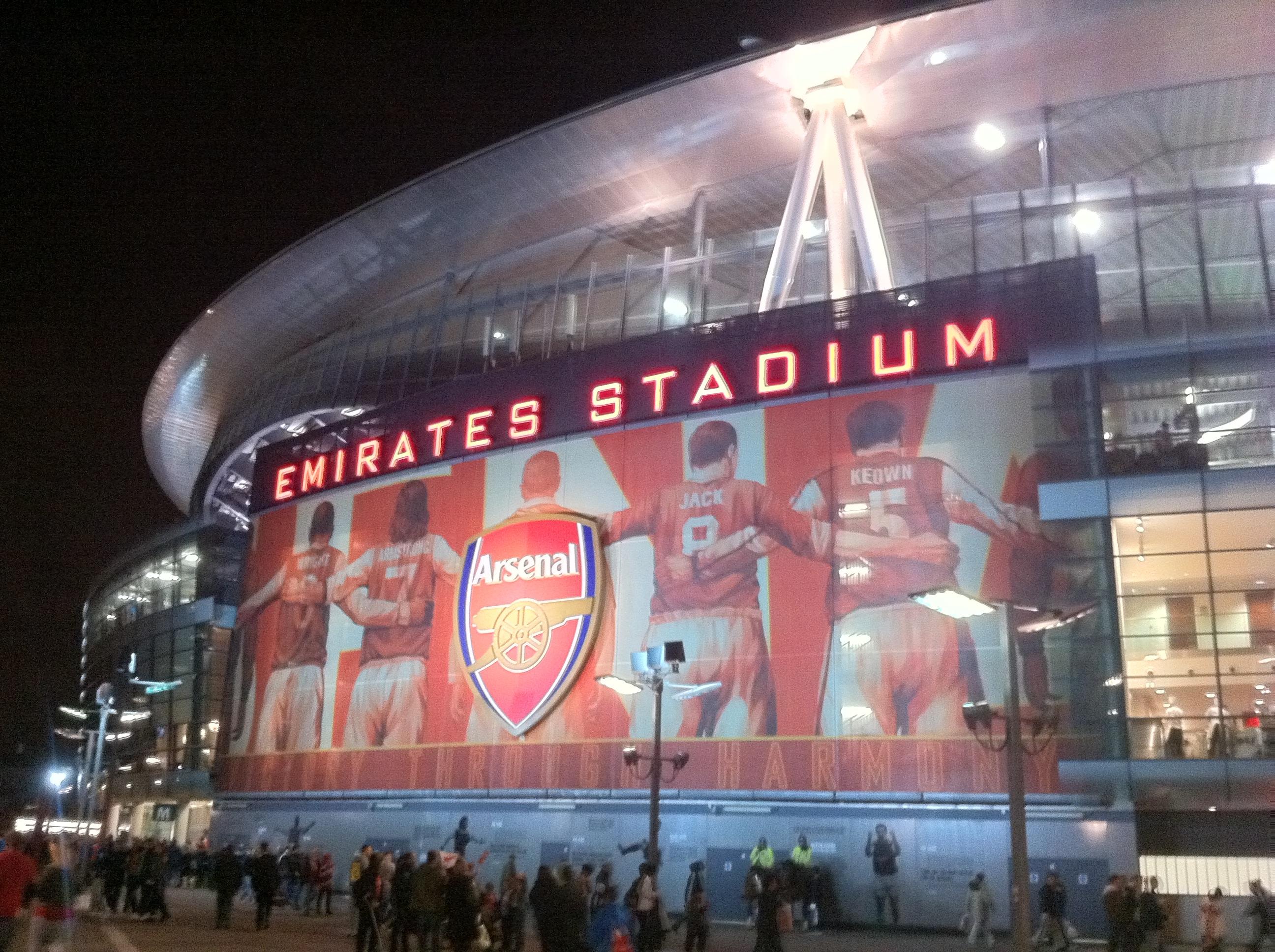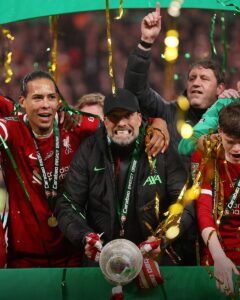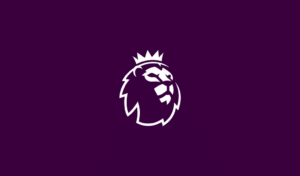 There were some interesting things that came out of Ivan Gazidis’s meeting with the Arsenal Supporters Trust earlier this week. Two good write-ups on the meeting are here and here.
There were some interesting things that came out of Ivan Gazidis’s meeting with the Arsenal Supporters Trust earlier this week. Two good write-ups on the meeting are here and here.
While Gazidis has a knack of talking a lot and saying nothing, the fact that he was willing to meet with Arsenal supporters last night and stayed around afterwards to answer more questions is really something. I am sure that Liverpool Blackburn or United fans would like that kind of dialogue with someone at their club.
But I wanted to focus on an answer that Gazidis gave in response to this question:
Is our current wage structure hindering us in that we can’t compete with other clubs, as well as rewarding players too early?
IG said the club were moving towards efficiency all the time, that the aim was to generate money responsibly then to spend it responsibly. Everyone knows we have inefficiencies, all clubs have them. Arsenal have a flatter wage structure. A big squad with few star players. Arsene has an ethos of everyone contributing whereas Barcelona, for instance, have a short squad of big salaries, which means they often have midfielders playing in defence. (Though he was swift to point out it had worked for them).
Gazidis admitted that the club had to adjust the model, but those adjustments happen over a few years. Rewarding players early is an issue in the game at large, not just at Arsenal. Player contracts are always based on future performance, never past. Arsenal takes necessary risks as part of the strategic business model. Working well, but not well enough.
The flatter wage structure is something that Arsene Wenger prefers as it eliminates cliques within the dressing rooms based on money. He wanted a collective approach, with everyone making similar money. That is great for the likes of Manuel Almunia and Marouane Chamakh who earn between £50,000 and £60,000 per week and end up being massively overpaid. It is bad for stars like Fabregas and van Persie who end up making only a fraction of what they can make elsewhere.
It is this flat salary structure that I believe is causing so many Arsenal players to run down their contracts as they know that other teams will pay them a lot more money that Arsenal will. An extra £50,000 a month over a four year deal is worth over £10m to a player. That is a huge difference.
Based on Gazidis’s comment, Arsenal seem to have decided that the flat wage scale is not working. The reported £100,000 per week wages that Lukas Podolski will make next season, at the moment will make him Arsenal’s highest paid player. If Van Persie signs a new deal he will smash the wage record at Arsenal. And in today’s market, you need to pay your top players in excess of £150,000-a-week as that is the going rate for stars in the Premier League.
But if Arsenal are going to this two-tiered wage structure, they need to get rid of the over-paid, underperforming players in the middle. Back in March I wrote about Arsenal’s plan to shave its wage bill by around £23 million by getting rid of the likes of Andrey Arshavin (£75,000-a-week); Marouane Chamakh (£60,000); along with Sebastien Squillaci, Nicklas Bendtner, Denilson, Carlos Vela (all on £50,000) and Park Ju-Young (£40,000). Add in the Manuel Almunia, who was on £60,000-a-week, and the savings add up.
By eliminating this over-paid middle group, Arsenal will then have the luxury of bringing in young players on low wages, similar to what United do. England striker Danny Welbeck for example is on a reported £15,000 per week, and United’s new contract offer will triple his wages, and still pay him less than Chamakh, Bendtner, Denilson, and Vela. That is the sort of wage flexibility Arsenal need to get to, if they are to keep their superstars in the future.


